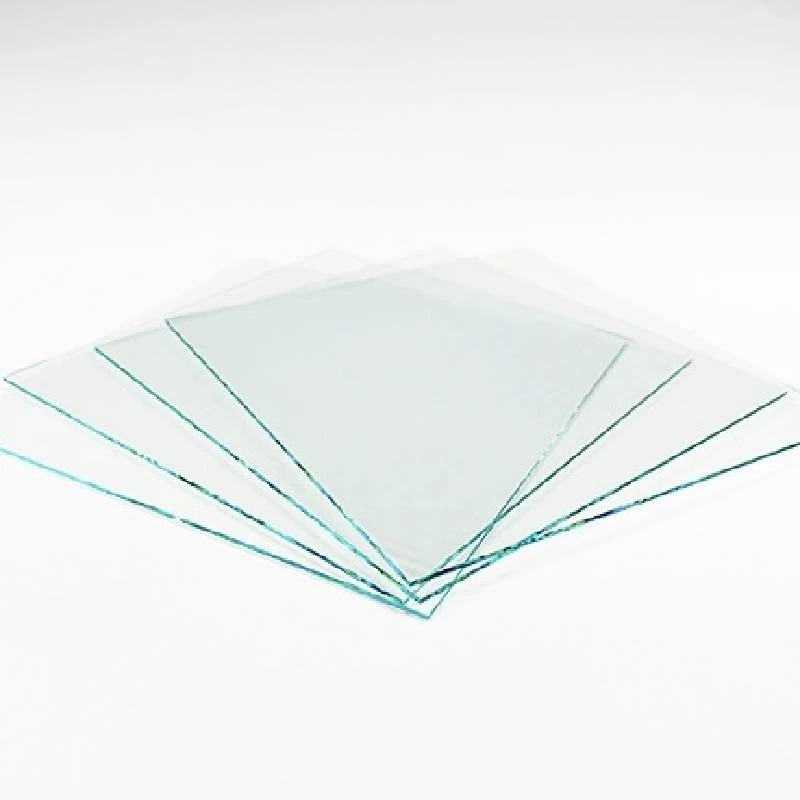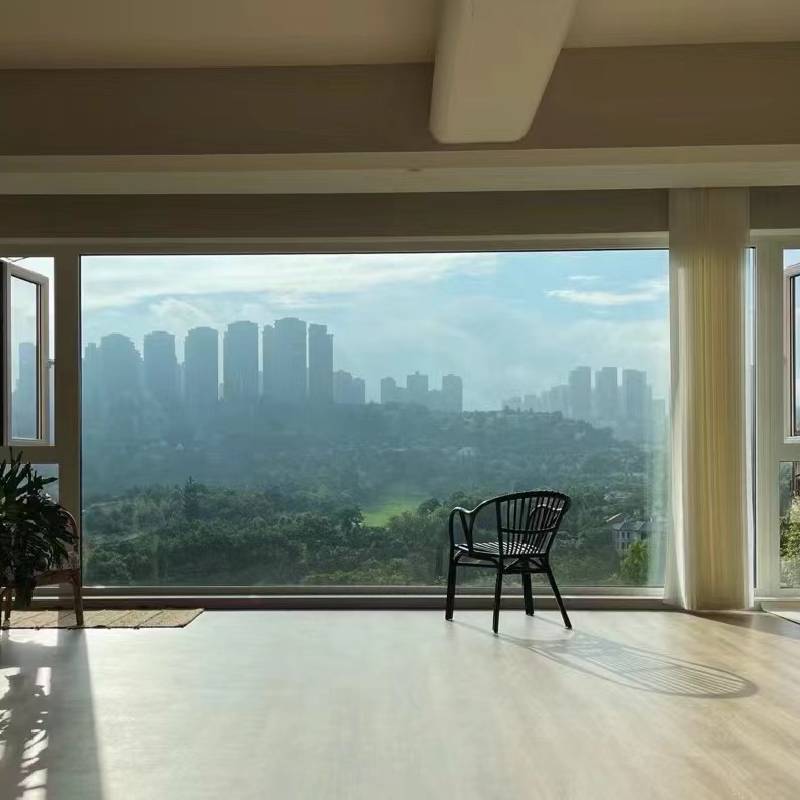Black float glass, a revolutionary material in the world of construction and design, is transforming the aesthetic and functional potential of buildings globally. Known for its sleek, dark appearance and versatile applications, this specific type of glass is rapidly gaining popularity among architects and interior designers seeking to introduce a modern, sophisticated touch to their projects.

The unique manufacturing process of black float glass involves introducing metal oxides during the production phase, which gives it its distinct color and properties. Unlike conventional glass, which is transparent or translucent, black float glass offers an appealing opacity with a slight tint, allowing for a broad range of creative applications. Its smooth surface makes it ideal for a variety of settings, from high-end facades to luxurious interior panels.
One of the most notable advantages of black float glass is its unparalleled aesthetic appeal. The deep, reflective qualities of the glass enable it to be used as a striking focal point in both exterior and interior designs. Architects leverage its ability to produce dramatic reflections, creating a dynamic interplay between the building and its surrounding environment. This reflective characteristic also contributes to reducing glare and enhancing privacy, making it a popular choice for exterior cladding on corporate offices and modern residential buildings.

In interior spaces, black float glass serves as an excellent material for partitions, countertops, and decorative panels. Its elegant look and ability to complement various styles and materials make it a sought-after choice for designers aiming to create a luxurious atmosphere. Additionally, its non-porous surface ensures ease of maintenance, resisting stains and fingerprints, which is particularly beneficial in high-traffic areas like kitchens and bathrooms.
black float glass
From an energy efficiency standpoint, black float glass provides significant advantages due to its thermal properties. The glass effectively absorbs and reflects solar energy, reducing the need for artificial cooling in buildings. This characteristic not only contributes to energy savings but also aligns with the increasing demand for sustainable building solutions. By incorporating black float glass into design plans, architects can improve a building’s thermal performance, thus enhancing its overall environmental efficiency.
Safety and durability are also key features of black float glass. It can be treated to enhance its strength and resistance to breakage, making it suitable for various architectural applications. When subjected to heat treatment processes like tempering, the glass becomes significantly stronger than standard glass, providing an extra layer of safety and reliability.
Furthermore, the versatility of black float glass extends its applicability beyond architectural uses. It's also emerging as a favorite in the automotive and electronics industries. In automotive design, for instance, it is utilized to create striking, modern car exteriors and luxurious interiors, while in electronics, its application ranges from sleek screens to sophisticated decorative elements in product designs.
In conclusion, the adoption of black float glass in various industries underlines its growing popularity driven by aesthetics, functionality, and sustainability. Its ability to enhance the visual and structural qualities of a project makes it an indispensable material for professionals aiming to create cutting-edge, durable, and environmentally-friendly designs. As industry experts continue to explore and expand the applications of black float glass, its reputation as a versatile and stylish material is likely to grow, solidifying its position as a benchmark in modern design and construction.



